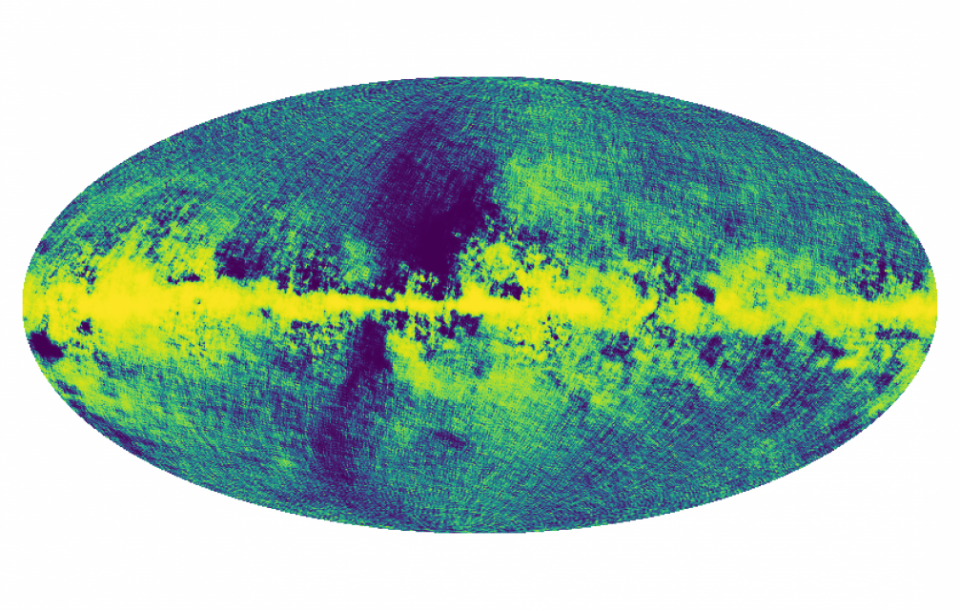Denys Wilkinson Building, Department of Physics, University of Oxford, Keble Road, Oxford OX1 3RH
Ilia Musco (INFN Rome 1, La Sapienza University)
Abstract:
Primordial black holes (PBHs) could have been formed in the very early Universe from large amplitude perturbations of the metric. Their formation is naturally enhanced during the quark-hadron phase transition, because of the softening of the equation of state: at a scale between 1 and 3 solar masses, the threshold is reduced of about 10% with a corresponding abundance of PBHs significantly increased by three order of magnitudes. Performing detailed numerical simulations we have computed the modified mass function for such black holes, showing that the minimum of the QCD transition works as an attractor solution. Making then a confrontation with the LVK phenomenological models describing the GWTC-3 catalog, we have found that a sub-population of such PBHs formed in the solar mass range is compatible with the current observational constraints and could explain some of the interesting sources emitting gravitational waves detected by LIGO/VIRGO in the black hole mass gap, such as GW190814, and other light events.

